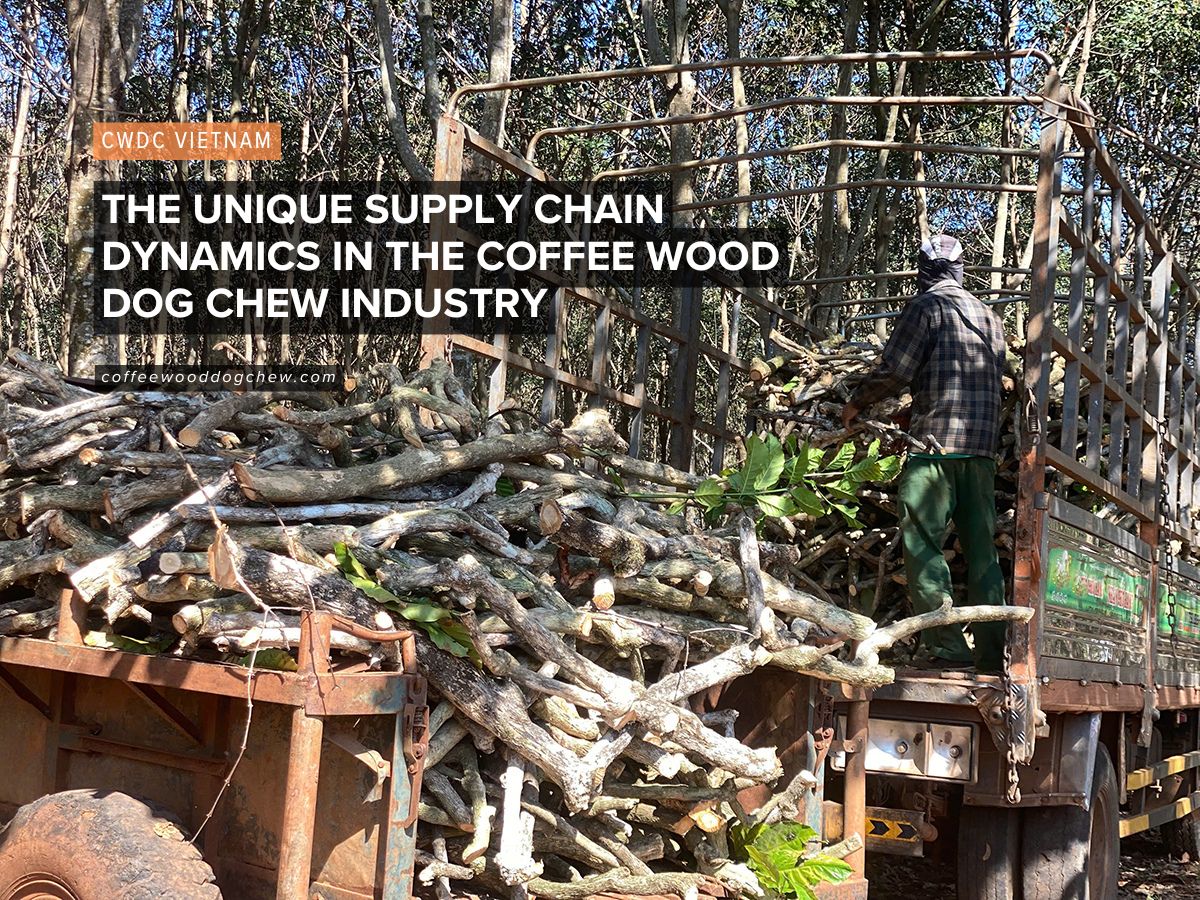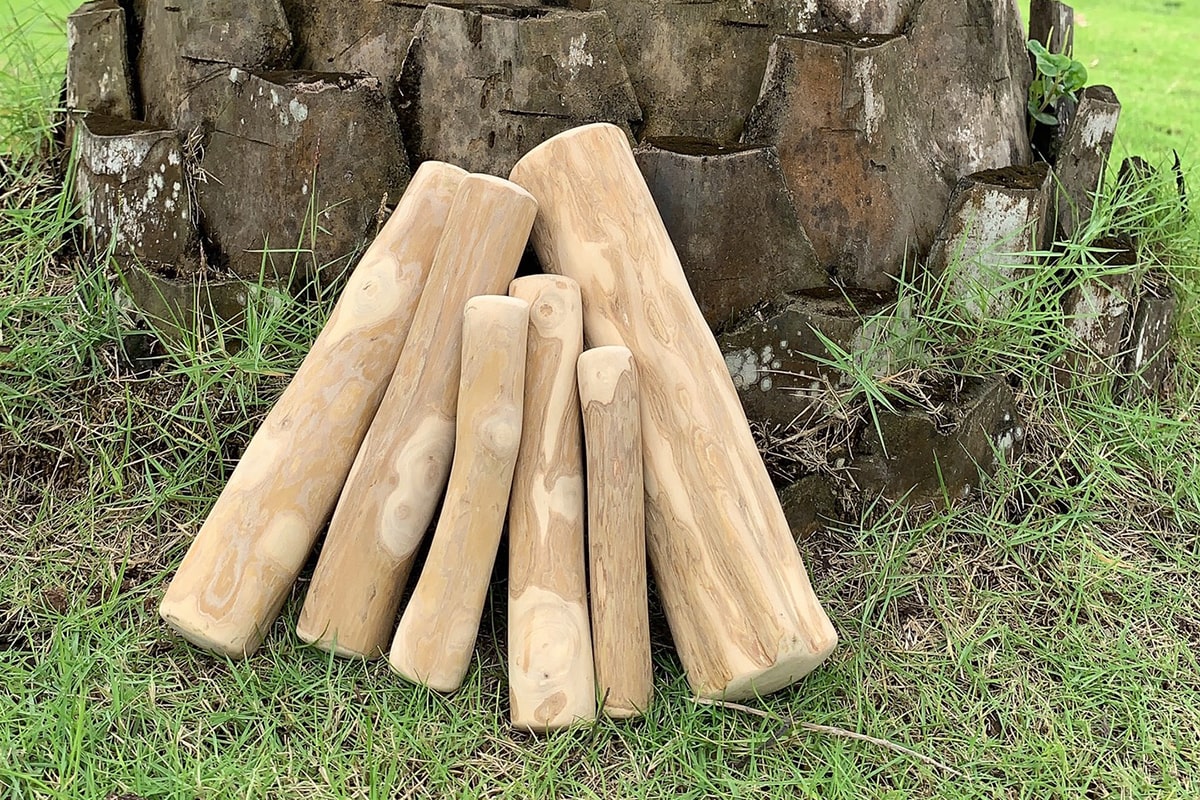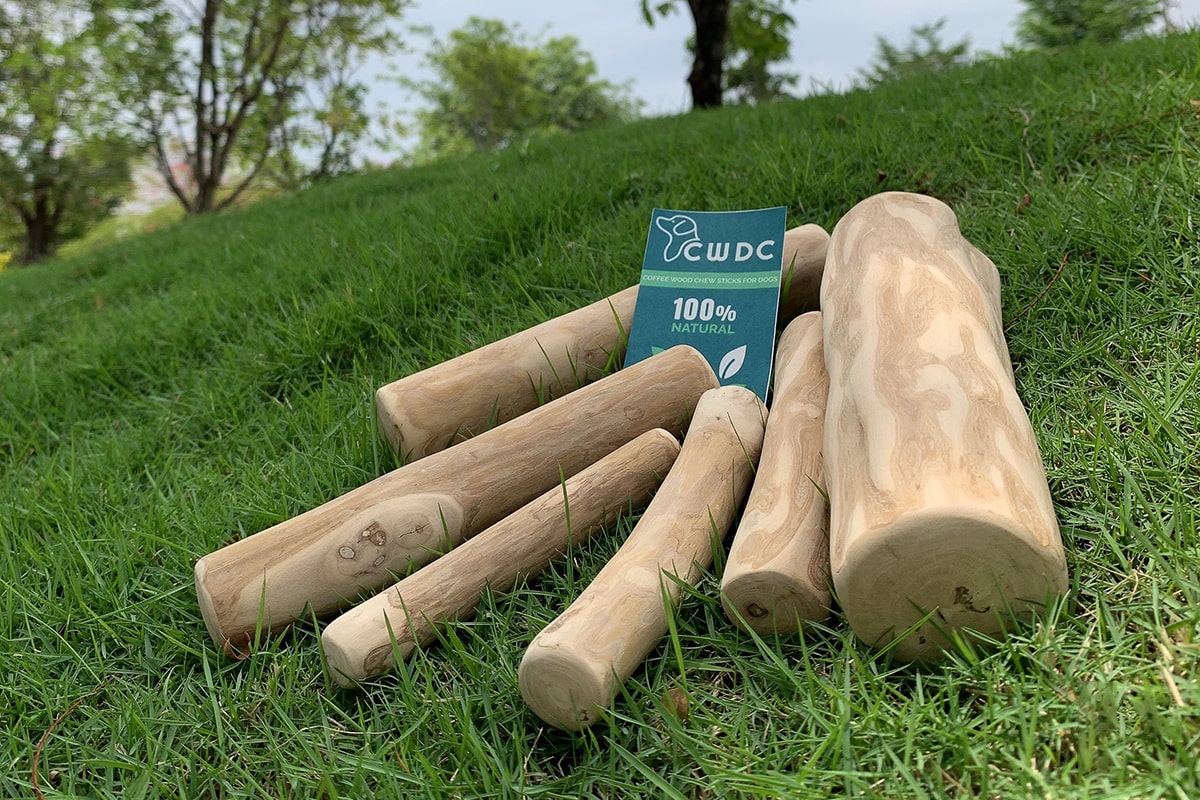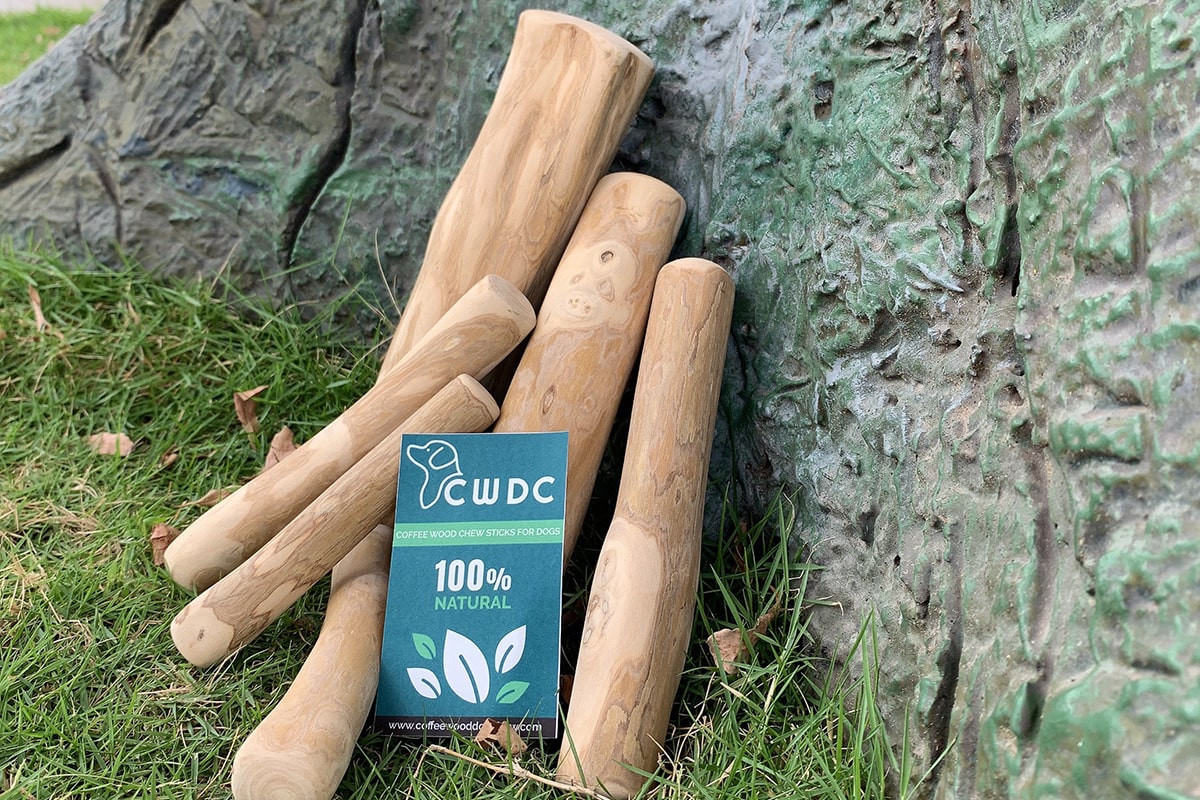The coffee wood dog chew industry operates within a uniquely structured supply chain, shaped heavily by agricultural seasonality and the lifecycle of coffee trees. Raw material procurement typically takes place from late October to next March, the period when aging coffee trees are removed to make room for new plantings.
During this short window, CWDC Vietnam must secure sufficient quantities of old, low-yield coffee trees from farms, plantations, and smallholder farmers across Vietnam’s Central Highlands. These raw logs are then stored in dedicated warehouses, ensuring stable year-round production.
However, the 2025 season presents increasing challenges. Global coffee prices continue to rise, motivating farmers to retain aging trees rather than cut them down as in previous years. This shift tightens the supply of suitable raw material, creating higher competition among collectors.
As a result, CWDC Vietnam’s extensive procurement network, built over years of cooperation with local growers, has become more crucial than ever. Its ability to operate efficiently across multiple provinces provides both a competitive advantage and supply-chain resilience.
This combination of seasonality, agricultural economics, and strategic sourcing makes the coffee wood dog chew industry fundamentally different from conventional pet product manufacturing. Companies that fail to anticipate raw material fluctuations face severe production risks, while those with strong networks, storage capabilities, and long-term supplier relationships, such as CWDC Vietnam, are positioned to secure reliable supply, price stability, and consistent product quality for global partners.
Related Posts:
- Origin and Development of Coffee Wood Dog Chews in the Market
- Coffee Wood Dog Chew - History and Development
- How CWDC Vietnam Navigates Supply Chain Challenges in the Coffee Wood Sector
- Exploring the Raw Material Sourcing Process Behind CWDC Vietnam’s Coffee Wood Dog Chews
- Coffee wood dog chew - CWDC Vietnam is a reputable and reliable supplier
- The Challenges of Coffee Wood Sourcing Beyond March and Its Market Implications









